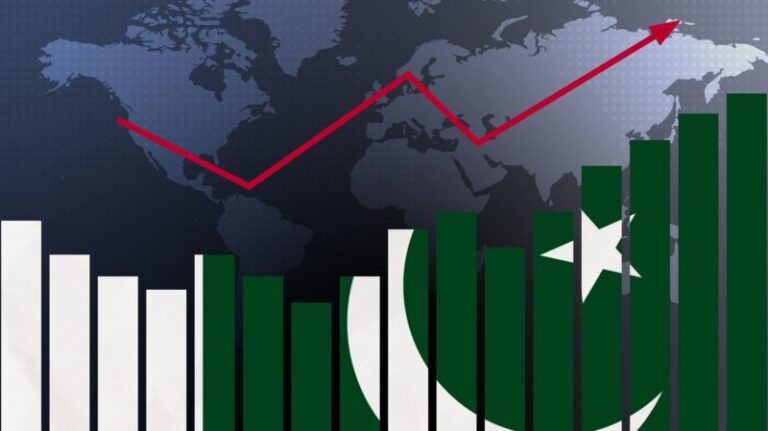LAHORE (APP): Coordinator for Minister of State and Federal Tax Ombudsman Meher Kashif Younis said on Sunday Pakistan’s economic landscape had undergone a remarkable transformation, largely because of establishment of the Special Investment Facilitation Council (SIFC), which had successfully attracted foreign direct investment.
Speaking as the keynote speaker at a seminar on “The Impact of SIFC on Pakistan Economy”, held under the aegis of Gold Ring Economic Forum, a strategic think tank, he said the initiative holds immense significance, particularly in the realm of FDI as the SIFC effectively engages with various countries and was fully committed to ensuring investment flows into country.
He said its manifesto included foreign investment with a long-term goal of touching $60bn in five years and eventually achieving the target of $100bn.
He said: “We need consistency in economic, fiscal, trade polices and close collaboration with local and foreign stakeholders for attracting investments.”
He said it was good omen that Saudi Arabia, the UAE, Kuwait and Qatar had signed multi-billion dollar agreements for the foreign direct investment (FDI), depicting tremendous response to the SIFC. which was likely to increase substantially from January next.
He said these agreements encompass investment cooperation across diverse sectors such as energy, port operations, waste water treatment, food security, logistics, mining and aviation sectors.
Meher said the International Finance Corporation (IFC), in collaboration with the Board of Investment (BoI), had also introduced an ambitious investment plan to inject more than $1.5bn in Pakistan’s economy through both short- and long-term planning.
He said economic partnership between China and Pakistan had also been reinforced by inking 20 agreements and memorandums of understanding (MoUs) under the Belt and Road Initiative (BRI) cooperation.
He hinted that countries like France, Germany and Korea had expressed their interest in signing agreements related to administrative control of power distribution companies of Pakistan.
He said strategically located Pakistan possessed tremendous potential, laced with plenty of natural resources and studded with minerals in abundance. He said what the country needed the most was political stability, a long lasting good governance, transparency, and streamlining cumbersome procedures for strengthening national economy.







